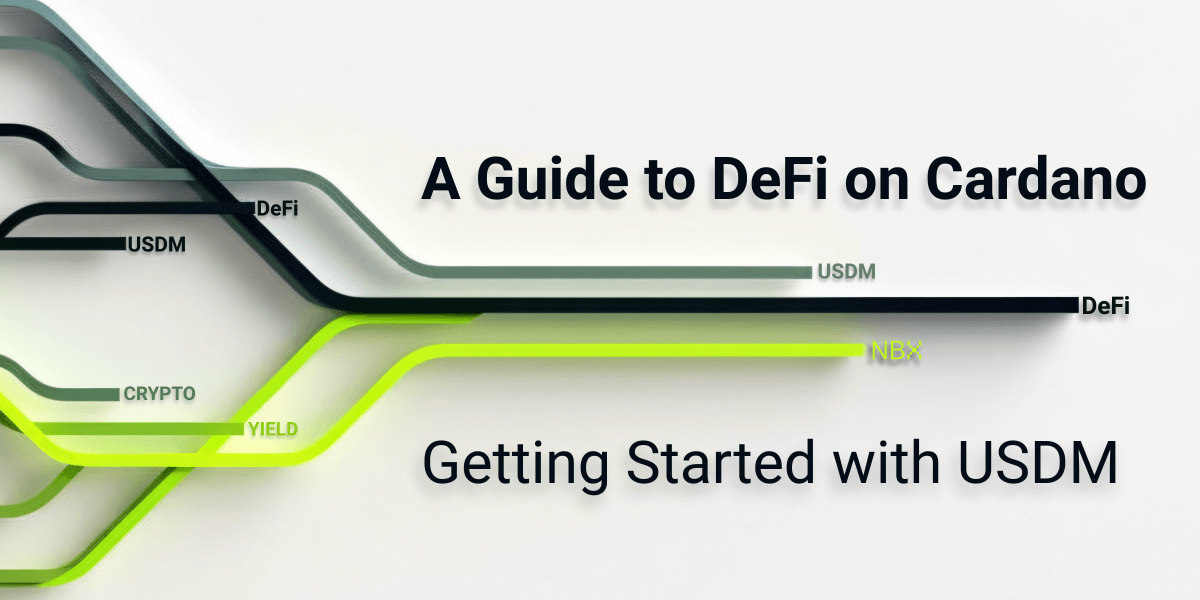Taxation of cryptocurrencies in Europe can vary from country to country as tax regulations are determined by each individual nation. However, below is a general overview of how cryptocurrency taxation is approached in Europe. Please note that it's always recommended to consult with a tax professional or authority in your specific country for the most accurate and current information.
- Classification: Cryptocurrencies are generally categorized as either a currency, commodity, or asset for tax purposes. The specific classification can influence how they are taxed.
- Capital Gains Tax: In many European countries, cryptocurrencies are treated as assets, and any gains or profits made from their sale or disposal are subject to capital gains tax. The tax rate and holding period required for qualifying as long-term gains may vary between countries.
- Income Tax: If you receive cryptocurrency as payment for goods or services, it may be subject to income tax. The value of the cryptocurrency received is typically determined based on its fair market value at the time of receipt.
- Value Added Tax (VAT): The application of VAT to cryptocurrencies also varies across Europe. Some countries consider cryptocurrencies as exempt from VAT, while others may subject them to VAT for specific transactions, such as cryptocurrency exchanges or mining activities.
- Mining and Staking: Income derived from cryptocurrency mining or staking may be subject to taxation. It can be treated as either business income or miscellaneous income, depending on the scale and regularity of the activity.
- Reporting Obligations: Many European countries have reporting obligations for cryptocurrency holders. This includes declaring cryptocurrency holdings and transactions on tax returns or dedicated forms. Some countries may require specific reporting thresholds or additional disclosures.
- Airdrops and Forks: Cryptocurrency received through airdrops or as a result of blockchain forks may have tax implications. The tax treatment can vary depending on the country, with some considering them taxable events while others may treat them differently.
It's important to note that tax regulations can change, and each European country may have its own specific rules and interpretations regarding cryptocurrency taxation. Therefore, it's advisable to consult with a tax professional or the relevant tax authority in your country to understand the specific tax obligations and requirements for cryptocurrencies.
The article does not constitute financial advice.


